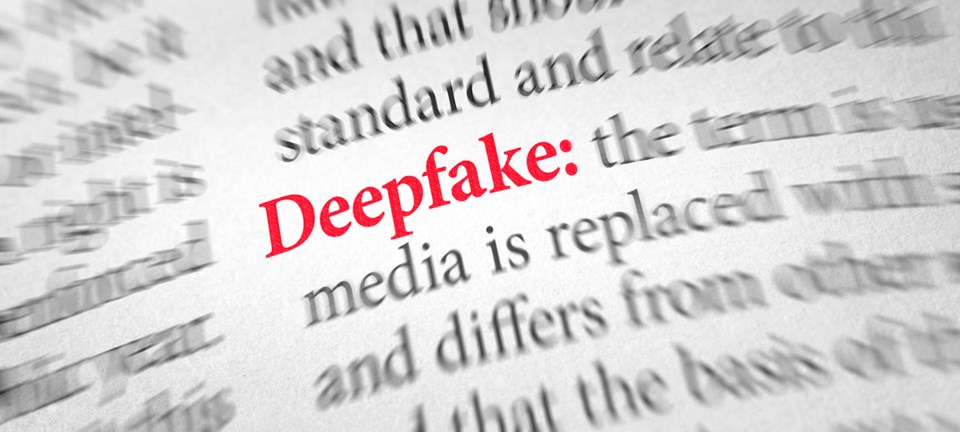Seven AI tech giants – OpenAI, Microsoft, Google, Meta, Amazon, Anthropic, and Inflection – have committed to watermarking AI-generated content. The goal is to label the provenance of AI-generated text, video, audio, and images, thereby reducing the risk of misleading users about the content's origins. As Google's blog aptly puts it, "None of us can get AI right on our own."
Deepfakes have been used in many controversial ways, like creating viral fake images or scamming people out of large sums of money. The proposed watermark, embedded in the content, could serve as a protective measure against such misuse. The White House believes this "will allow creativity with AI to flourish" while "reducing the dangers of fraud and deception."
OpenAI and Google are leading the charge. Google also plans to integrate metadata (along with other innovative techniques) to promote trustworthy information.
This commitment is part of a broader effort to ensure responsible AI governance. Tech companies are pledging to conduct internal and external testing on AI systems, invest more in cybersecurity, and share information to reduce AI risks. As OpenAI stated, these commitments are an "important step in advancing meaningful and effective AI governance, both in the U.S. and around the world."
Except… LLAMA 2 (see my Sunday essay) is open-source, as are dozens of other excellent AI models. While I deeply applaud the effort, these watermarks will (at best) be useful for identifying work product created using big tech's AI models. At worst, the watermarks will be deepfaked to discredit the system and no one will be able to tell what made what post 2022/2023.
As always, your thoughts and comments are both welcome and encouraged. -s
P.S. If you want to understand why watermarking and metadata can also be deepfaked, sign up for our free online course Generative AI for Execs.
ABOUT SHELLY PALMER
Shelly Palmer is the Professor of Advanced Media in Residence at Syracuse University’s S.I. Newhouse School of Public Communications and CEO of The Palmer Group, a consulting practice that helps Fortune 500 companies with technology, media and marketing. Named LinkedIn’s “Top Voice in Technology,” he covers tech and business for Good Day New York, is a regular commentator on CNN and writes a popular daily business blog. He's a bestselling author, and the creator of the popular, free online course, Generative AI for Execs. Follow @shellypalmer or visit shellypalmer.com.



